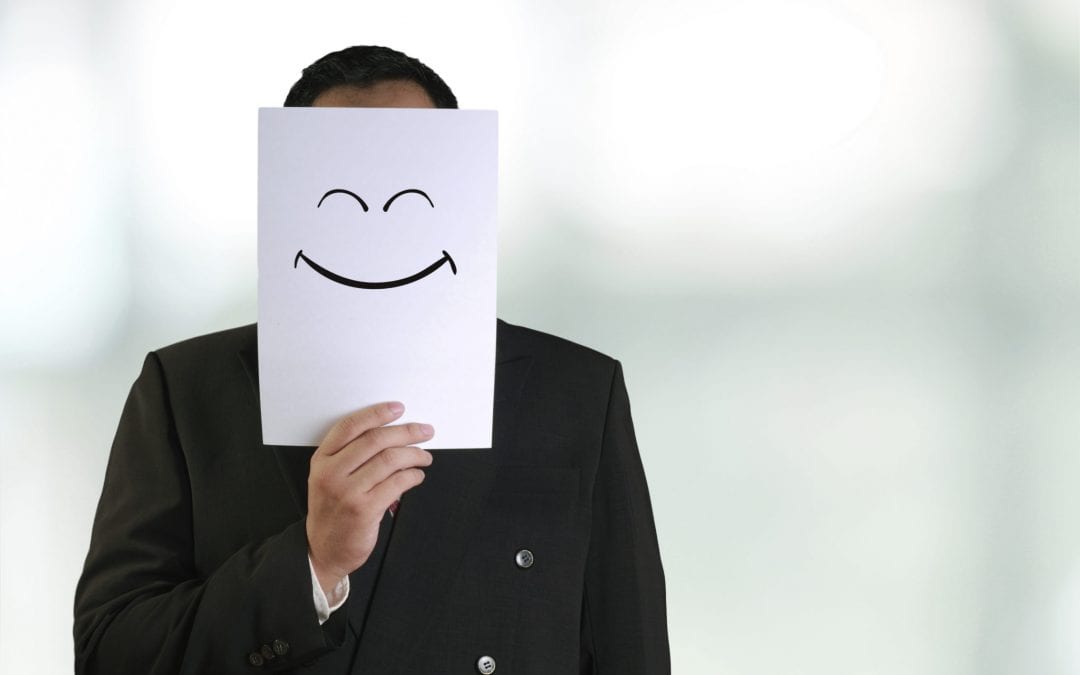For high-achievers and driven individuals, the subject of inadequacy is quite worrisome. Even the most talented groups of people often feel that they do not measure up to their own expectations, the expectations of others, or the achievement of their counterparts. For many, this idea is simply human nature.
Imposter Syndrome occurs when talented individuals feel as though they are not adequate, do not fit in with other talented individuals in their field, or are deceiving others by pretending to be capable. In fact, such people are typically high-achievers, highly talented, and unnecessarily worried. In a sense, they sell themselves short by downplaying their own abilities and thinking of themselves as “frauds,” according to the New York Times.
While high expectations and over-achievement can be helpful for some, others find this phenomenon debilitating. For those dealing with imposter syndrome, it is important to keep a few key items in mind:
Remember no one is perfect
Not even your counterparts. For an artist, it might be natural to compare oneself to Van Gogh or Picasso; however, even these artists were not flawless. When an artist creates an unsatisfactory work, this does not make him/her a “poser.” It simply means that the artist is human.
Do what you enjoy.
If you enjoy writing, then write. If you enjoy art, then become an artist. If if you enjoy something, nobody has the right to take that from you, regardless of their opinions.
Your expectations might be too high.
In most cases, individuals are harder on themselves than anyone else is on them. While you might worry that the world does not appreciate your talents, it is quite likely that they are not judging you nearly as harshly as you judge yourself.
Give yourself room to thrive.
Often, harsh self-judgments lead to performance paralysis. Because there is no positive benefit from self-deprecation, why spend so much time doing exactly that?






As a Newbie, I am continuously browsing online for articles that can benefit me. Thank you!